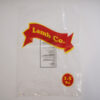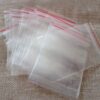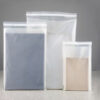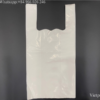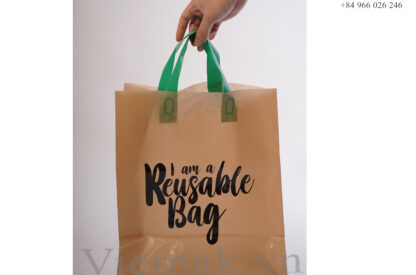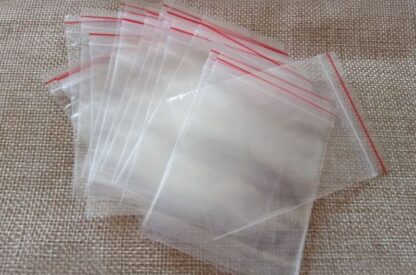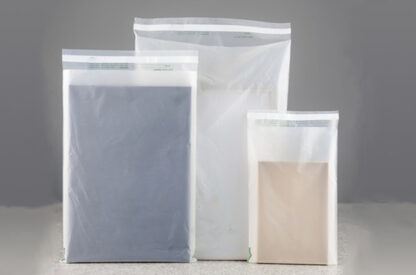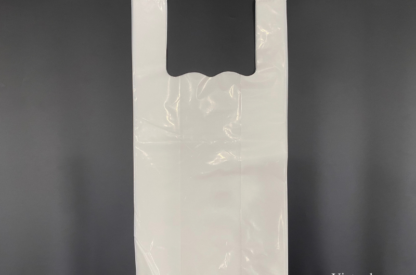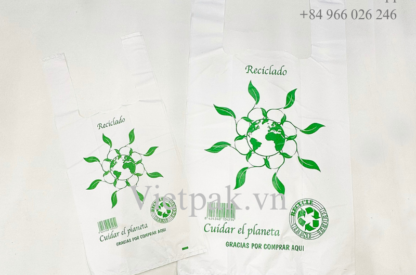How sustainable is PP non-woven bag?
PP non-woven bags, made from polypropylene (PP) fabric, are often considered to be more sustainable than traditional plastic bags. However, How sustainable is PP non-woven bag? PP non-woven bag sustainability depends on various factors, including their production, use, and end-of-life management.

How sustainable is PP non-woven bag?
Material
Polypropylene is a type of plastic derived from petroleum. While it is not biodegradable, PP is recyclable. The sustainability of PP non-woven bags is partially influenced by the amount of recycled content used in their production. Higher levels of recycled PP reduce the reliance on virgin materials and decrease the environmental impact.
Manufacturing process
The production of PP non-woven bags typically involves melting and spinning PP fibers to create a fabric. Compared to traditional plastic bags, this process consumes less energy and produces fewer greenhouse gas emissions. Additionally, the non-woven manufacturing technique allows for more efficient use of material, reducing waste.

Durability and reuse
PP non-woven bags are generally more durable than single-use plastic bags. They can be reused multiple times, which helps reduce the demand for new bags and decreases waste generation. The extended lifespan of these bags makes them a more sustainable alternative to single-use options.
Disposal and recycling
While PP non-woven bags are recyclable, their recycling infrastructure may vary depending on the region. Proper disposal and effective recycling programs are essential to ensure that these bags are diverted from landfill and reintroduced into the production cycle. If not recycled, PP non-woven bags can contribute to environmental pollution if they end up as litter or in natural ecosystems.
Life cycle analysis
A comprehensive assessment of the environmental impact of PP non-woven bags would involve a life cycle analysis (LCA), which considers factors such as raw material extraction, manufacturing, transportation, use, and disposal. LCA studies can provide a more accurate evaluation of the overall sustainability of these bags compared to alternative options.
It is worth noting that while PP non-woven bags may offer advantages over single-use plastic bags, reusable alternatives such as cotton or canvas bags tend to have an even lower environmental impact. The choice of the bag should be based on a holistic assessment of its environmental footprint, considering factors such as production, use, reuse potential and end-of-life management.

PP non-woven bag sustainability
Measures to Minimize Environmental Impact
Various environmental measures are being implemented to minimize the impact of non-woven bags, including recycling programs, waste reduction efforts, and the adoption of sustainable production methods. It is essential to support these initiatives and choose environmentally responsible disposal methods to ensure the long-term sustainability of these bags and the planet. By doing so, we can help minimize the environmental footprint of these bags and progress toward a more sustainable future.
Sustainable Manufacturing Practices
To achieve sustainable production of non-woven bags, manufacturers typically employ renewable energy sources, strive to minimize waste generation throughout the production process and utilize eco-friendly manufacturing techniques. These approaches effectively reduce the bags’ carbon footprint, making them a more environmentally conscious option for both individuals and companies.
Recycling and Disposal Options: PP Non-woven bags can be recycled, but it is important to ensure proper sorting and processing to prevent contamination. They can also be disposed of through incineration or landfill, so selecting an environmentally responsible option is crucial. By being mindful of their use and disposal, we can strive to minimize our environmental impact and contribute to the creation of a sustainable future.
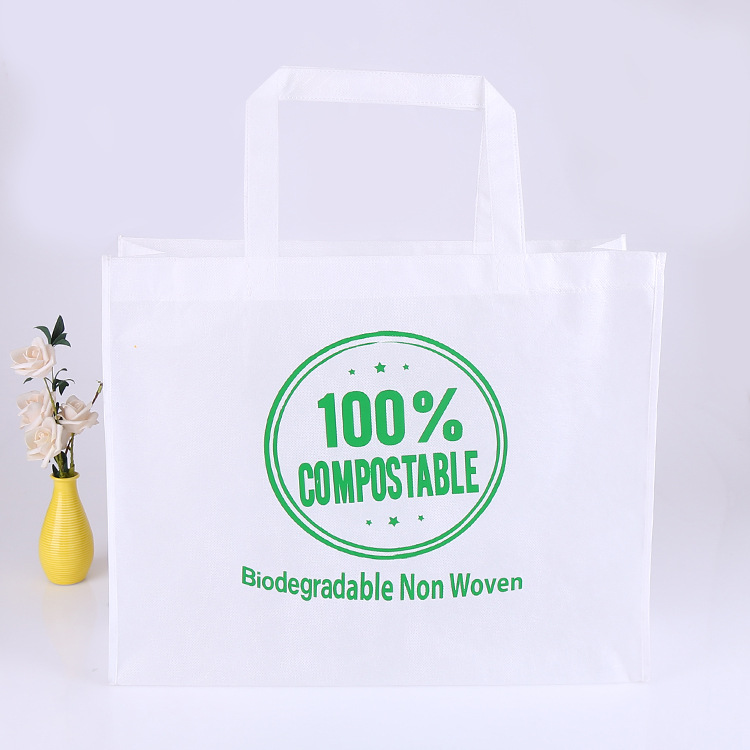
Global Trends in PP Non-Woven Bag Usage
PP non-woven bags are experiencing a global trend in usage. While they are recyclable, it is vital to ensure proper sorting and processing to prevent contamination. Disposal options include incineration or landfill, emphasizing the need for environmentally responsible choices. By being conscious of our consumption and disposal practices, we can actively work towards reducing our environmental footprint and fostering a sustainable future.
Role of Consumers in Promoting Sustainability
Consumers play a significant role in promoting sustainability by opting for reusable bags like non-woven ones instead of single-use plastic bags. This choice helps reduce waste and minimize our environmental impact. Additionally, proper disposal and support for companies that prioritize sustainable practices further contribute to environmental responsibility. Every individual effort counts in our collective endeavor to build a more sustainable future.
LEADING MANUFACTURER
We are a premier plastic bag manufacturer based in Vietnam. Our dedicated team excels in crafting customized packaging solutions to precisely meet the needs of all customers
QUALITY CONTROL
We have a strict quality control system. Our bags are inspected before production, during production, and prior to loading into containers. Our priority is to minimize every defective goods before shipping to our customers
AMAZING SERVICE
Our enthusiastic customer service team always strives to respond to your emails as promptly as possible. We take pride in our ability to consistently deliver high-quality products on time, every time.


